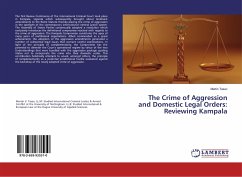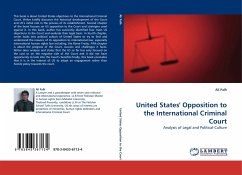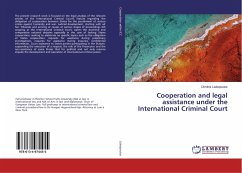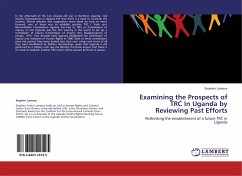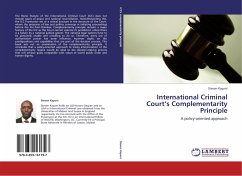The first Review Conference of the International Criminal Court took place in Kampala, Uganda which subsequently brought about landmark amendments to the Rome Statute thereby placing the crime of aggression in the spotlight of the contemporary international criminal justice system. The Assembly of States Parties consensually adopted a resolution which exclusively introduces the definitional compromise reached with regards to the crime of aggression. The Kampala Compromise constitutes the apex of many years of multilateral negotiations. Albeit commended as a great achievement, the adoption of the aggression amendments generated a number of substantial legal issues that warrant careful examinations. In light of the principle of complementarity, the Compromise has the potential to diminish the Court's operational regime by virtue of the two Understandings that were bundled with the aggression package guiding States not to incorporate the crime into their domestic codes. This contribution holistically attempts to unveil, amongst others, the principle of complementarity as a potential jurisdictional hurdle evaluated against the backdrop of the newly adopted crime of aggression.
Bitte wählen Sie Ihr Anliegen aus.
Rechnungen
Retourenschein anfordern
Bestellstatus
Storno

